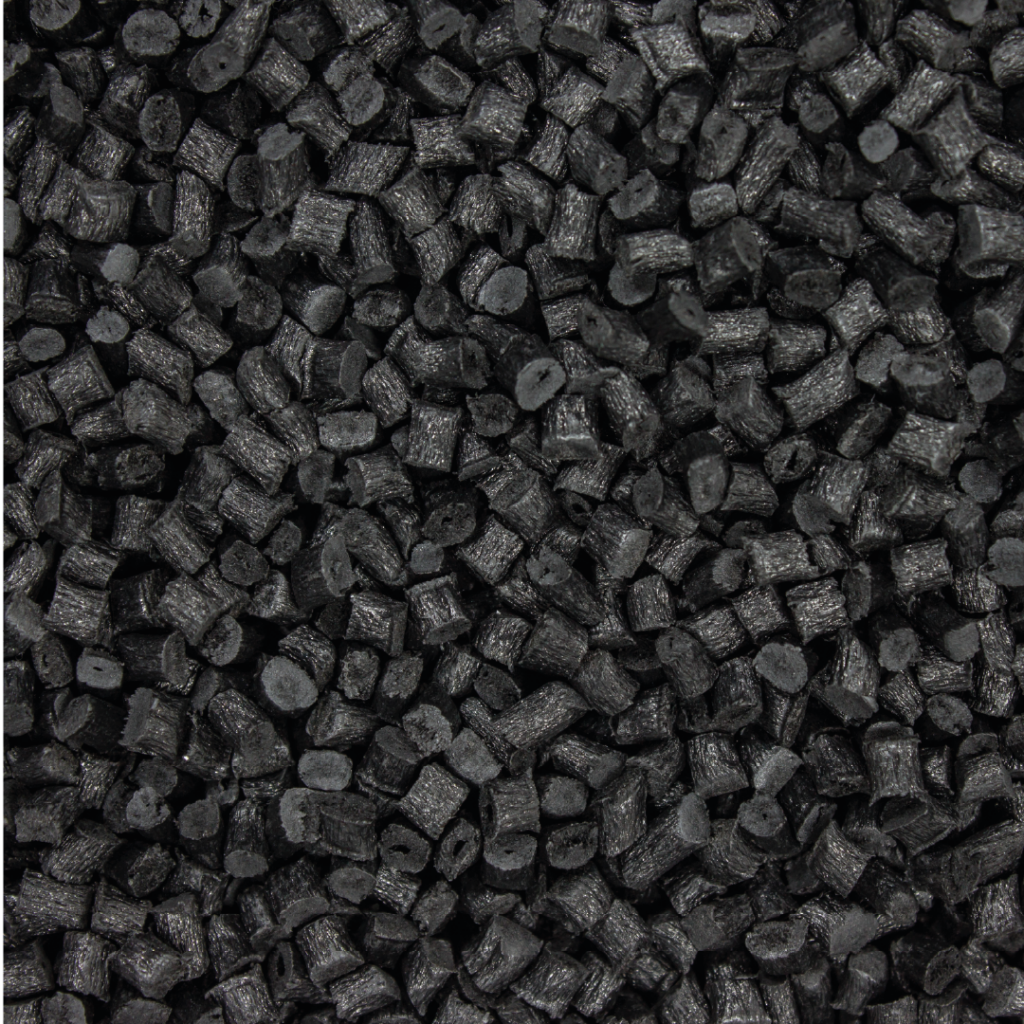
PA66 is a semi-crystalline thermoplastic that belongs to the category of engineering plastics. In particular, PA66 with 25% fibreglass (PA66-GF25) is the ideal choice for the manufacture of thermal bridge break profiles. This contributes to energy efficiency in buildings.
Thanks to these properties, STAC products made of PA66-GF25 ensure outstanding performance in terms of thermal insulation, contributing to both energy efficiency and comfort in buildings.
It is crucial to understand how moisture affects PA66 to ensure its correct use and storage. PA66 is a hygroscopic polymer, which means it has the ability to absorb water contained in the moisture of the environment. When PA66 goes through the lacquering process, it can lose the water it has absorbed, which results in a volumetric decrease (lower hammer tightness) and therefore a loss of values in the shear test. This can also result in surface finish defects after lacquering, also known as blistering.
At STAC, we are committed to offering innovative solutions that optimise the performance and efficiency of our profiles, while maintaining the highest quality at every stage of the process.
